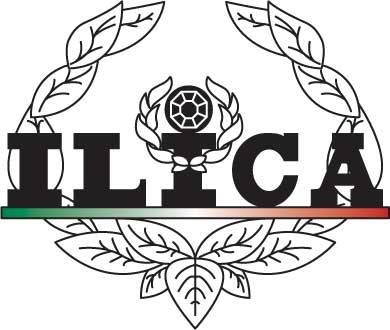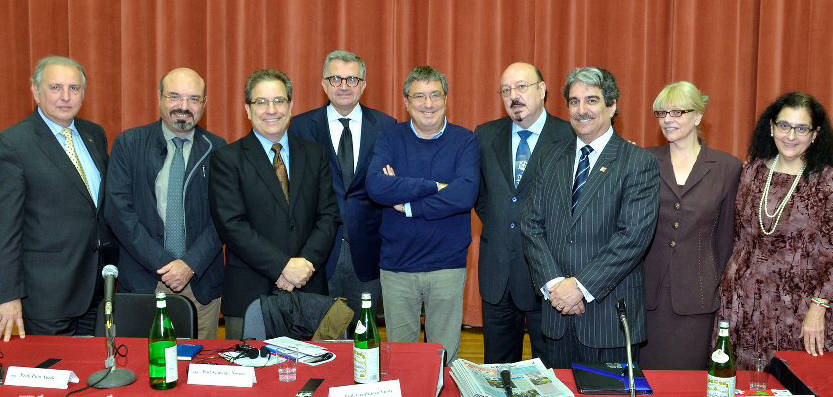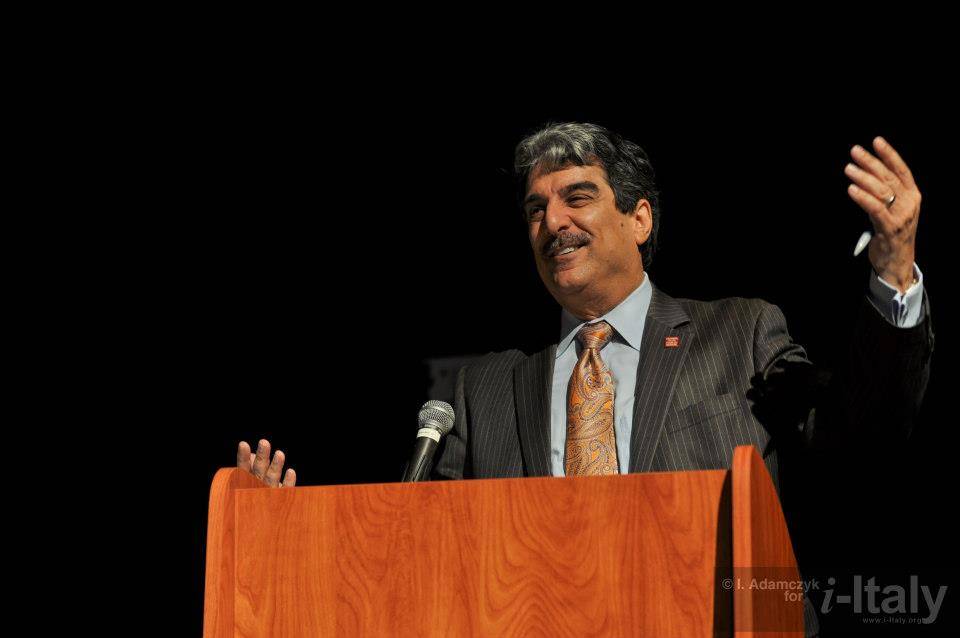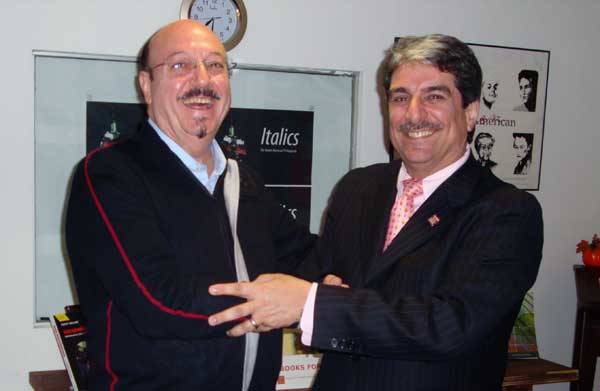Italian Identity and Italian Americans in the Third Millennium
What is an identity? Imagine being born surrounded by skyscrapers, lights and millions of people, but also imagine to belonging to an environment where everybody knows each other and everything goes off after 8 p.m. What if you felt part of these different realities? And if you are part of a long history of immigration?
Thanks to ILICA (Italian Language Inter-Cultural Alliance) and the John D. Calandra Italian American Institute at John Jay College, Italian and Italian-American authors tried to answer these questions. The occasion was a symposium, focused on Italian identity in the third millennium. Introduced by Dr. Anthony Julian Tamburri, Professor and Dean of the John D. Calandra Italian American Institute of Queens College, the dialogue continued with Pino Aprile, author of last year's best-seller Terroni, Lorenzo del Boca, author of Polentoni, Fred Gardaphé, professor of English and Italian studies, Robert Viscusi, Director of the Wolfe Institute at Brooklyn College, Donna Chirico, Professor of Psychology at Yorke College and writer Louisa Ermellino.
Different main topics have been dealt by these literates, professors, journalists, intellectuals, both Italians and Italian- Americans, such as the Italian heritage and culture and its perception abroad.
For Anthony Julian Tamburri, one of the most interesting aspects of the discussion was the basic assumption in which the speakers talked about the identity: “the Italians tend to speak more in terms of geography, while the Italian-Americans much less within those terms. Perhaps the major differences in the history of immigration of both countries is behind that. We have a long history of immigration in this country forced both through slavery and through economics, and then by choice, which includes people of all races and all colors.
This type of immigration did not exist in Italy until about thirty to forty years ago; until then, the only type of immigration in Italy was from south to the north. It was basically Italians to Italians, in spite of the fact that we have ‘terroni' and 'polentoni'. I think this is a historical difference that undergirds the difference between the insistence on geography on the one hand and the lack of reference to geography on the other hand.”
And how can the identity be described when you live in a country like the United States, when you also belong to a small and much different country like Italy? “I think that those Americans of Italian descent who recognize this heritage are much more mosaic in their identity and in the way they think than perhaps the typical Italian might be. And the Italian who can come close to that is probably the Italian who moved from south to north, not from north to south: the southerner who goes to Milan or Turin can understand these Italian-Americans.”
But if some Italians are stuck in geography, talking about identities, “there are some Americans who are stuck in nostalgia. Many Italian-Americans do not know contemporary Italy, they have no idea of the technological events, the fact that the space station couldn't exist without the contributions of Italian aerospace engineers. Many think of the Italy of their grandparents.”
During the symposium, author Louis Ermellino touched a very interesting point, admitting that she strongly believed to be Italian before eventually going to Italy. How can Italian-Americans improve the knowledge of their Italian part? “First of all, they have to go to Italy. It’s intriguing that a certain percentage of Italian-Americans do not feel the need, the desire to go to Italy; they go everywhere but Italy. This aspect is very fascinating to me. Without wanting to criticize friends and relatives, if you don’t know the language then you have less access than you would if you knew the language; and this is an important part. In this case 'Ergo cogito sum' becomes 'Loquor cogito sum', because in the end, we exist through language.”
Italians in general look forward to America. But, is there anything that Americans should learn from Italians? “The way of life, even today. The idea that Italians always find time to relax, to get away from work. There is a sense of enjoying those free moments that I don't always see here in the United States. So whether it is walking in the centre of the town, whether going out to dinner with friends, it seems to happen more in Italy than it happens in here, probably also because the restaurants in Italy are not as expensive as they are in here. In the end, just by walking more among the multitude, you automatically communicate more with people even though you may not know them.”






































i-Italy
Facebook
Google+
This work may not be reproduced, in whole or in part, without prior written permission.
Questo lavoro non può essere riprodotto, in tutto o in parte, senza permesso scritto.